Premium Only Content
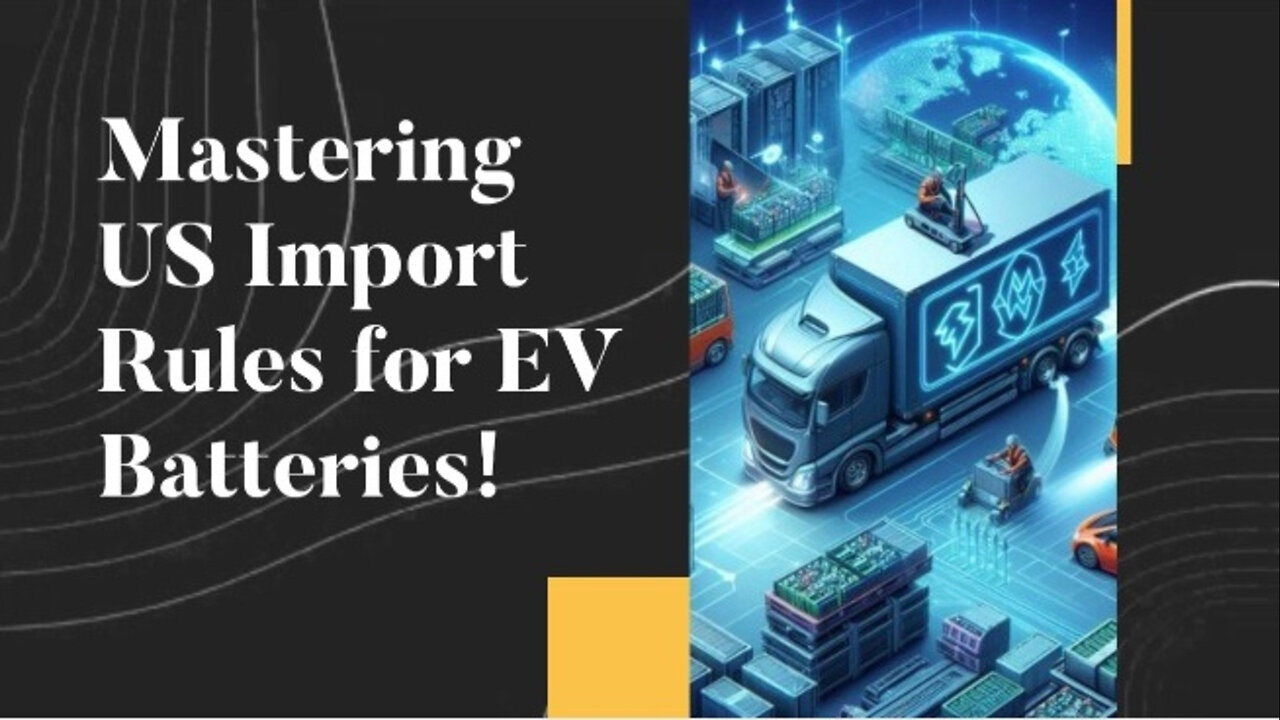
Mastering Customs Compliance for Electric and Hybrid Vehicle Imports
ISF Customs Broker
800-710-1559
isf@isfcustomsbroker.com
https://isfcustomsbroker.com
This response provides a deep dive into the USA import regulations for automotive batteries and chargers for electric and hybrid vehicles. It emphasizes the importance of understanding customs bonds, customs documentation including the Importer Security Filing (ISF) form, product safety regulations, tariffs and duties, and additional entry requirements. It highlights the necessity of working with a licensed customs broker to ensure compliance with these regulations and facilitate a smooth importation process.
Customs bonds serve as a financial guarantee between importers and the Customs and Border Protection (CBP) to ensure the payment of duties, taxes, and fees. Importing electric and hybrid vehicles or related components such as batteries and chargers requires a customs bond. It is crucial for importers to work with a licensed customs broker who can assist in obtaining the necessary customs bond and ensuring compliance with bond requirements.
Proper customs documentation, including the Importer Security Filing (ISF) form, is essential when importing automotive batteries and chargers for electric and hybrid vehicles. The ISF form, also known as the 10+2 form, requires importers to provide specific information about the imported goods, such as manufacturer and supplier details, packaging information, and cargo security measures. Submission of accurate and complete customs documentation plays a crucial role in complying with import regulations.
Compliance with product safety regulations enforced by agencies like the National Highway Traffic Safety Administration (NHTSA) is a critical aspect of importing automotive batteries and chargers for electric and hybrid vehicles. These regulations aim to ensure the safety and compliance of these products with specific standards. Importers must ensure that their products meet all applicable safety regulations and may need to provide documentation demonstrating compliance.
Tariffs and duties may be applicable when importing automotive batteries and chargers for electric and hybrid vehicles. The Customs and Border Protection classifies these products under Harmonized System (HS) codes, which determine the appropriate import duties and taxes. Accurate classification of products is crucial to avoid penalties for incorrect tariff classification.
Importing automotive batteries and chargers for electric and hybrid vehicles may also require compliance with additional entry requirements such as labeling and marking regulations and country of origin markings. The assistance of a licensed customs broker can help importers navigate these requirements and ensure compliance.
Understanding these USA import regulations for automotive batteries and chargers for electric and hybrid vehicles is crucial for importers. Working with a knowledgeable customs broker can help importers navigate the complexities of customs procedures and ensure a smooth importation process.
#usimportbond #isfcustomsbroker #uscustomsclearing #isfentry
Video Disclaimer Here: This video is for educational purposes only and we are not affiliated with any US government agencies/companies/individual/etc.
00:28 - Importing electric and hybrid vehicle batteries and chargers into the USA requires a customs bond to ensure duties and fees are paid.
00:56 - Proper customs documentation, including the Importer Security Filing (ISF) form, is necessary when importing these products.
01:54 - Compliance with product safety regulations, tariff classification, and additional entry requirements is crucial when importing automotive batteries and chargers for electric and hybrid vehicles.
-
 DVR
DVR
RalliedLIVE
1 day ago $2.89 earnedBattlefield 6 REVEAL w/ Ral
42.8K4 -
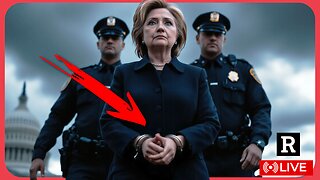 2:11:14
2:11:14
Redacted News
2 hours agoArrest Hillary Clinton!?! Here we go! | Redacted News Live
149K67 -
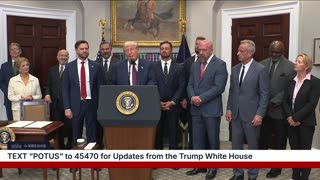 44:45
44:45
The White House
3 hours agoPresident Trump Signs an Executive Order, July 31, 2025
23.7K18 -
 1:18:29
1:18:29
Sarah Westall
2 hours ago“This Conversation Would Land Me in Prison in Ireland” - Its the Global Plan w/ Captain Kieran Kelly
18.7K2 -
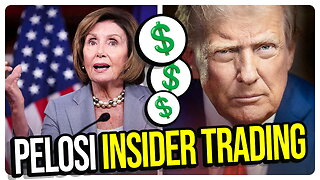 1:15:42
1:15:42
vivafrei
4 hours agoPelosi Doth Protest Too Much! "Trans" Athlete Plot to Harm Female? Crooked hillary Cooked & MORE
100K29 -
 1:42:17
1:42:17
The Quartering
5 hours agoHillary Clinton FINALLY BUSTED, Nancy Pelosi MELTDOWN, Kamala Harris Admits Defeat & More
131K77 -
 3:10:42
3:10:42
Barry Cunningham
10 hours agoMUST SEE: KAROLINE LEAVITT HOSTS WHITE HOUSE PRESS CONFERENCE ( AND MORE NEWS)
69.9K30 -
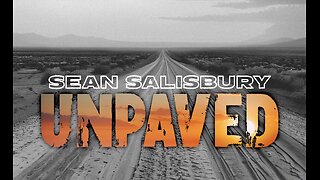 53:03
53:03
Sean Unpaved
6 hours agoSchlereth Unplugged: 3x Champ Talks TV, Football, & 2025 Season Expectations
56.2K2 -
 1:03:28
1:03:28
Russell Brand
6 hours agoCan You Really Take an Unbiased Look at Hitler? - SF624
163K155 -
 12:39
12:39
Michael Button
8 hours ago $2.40 earnedAn Entire Civilization Might Be Buried Under the Sahara
39.4K12